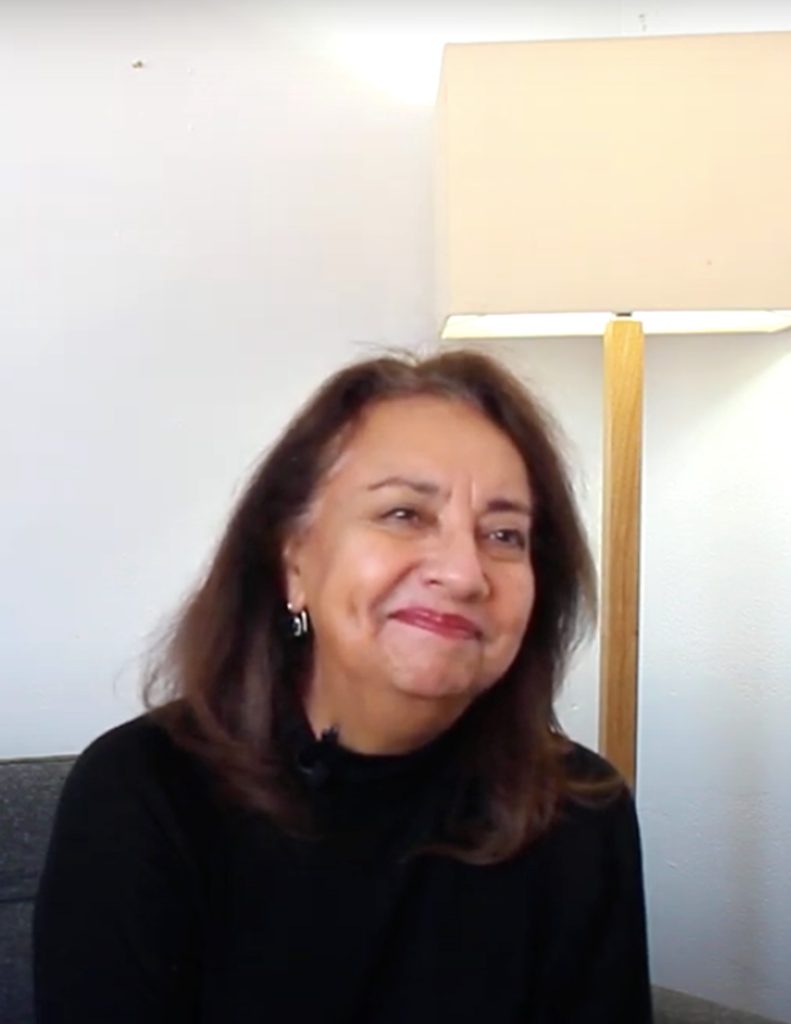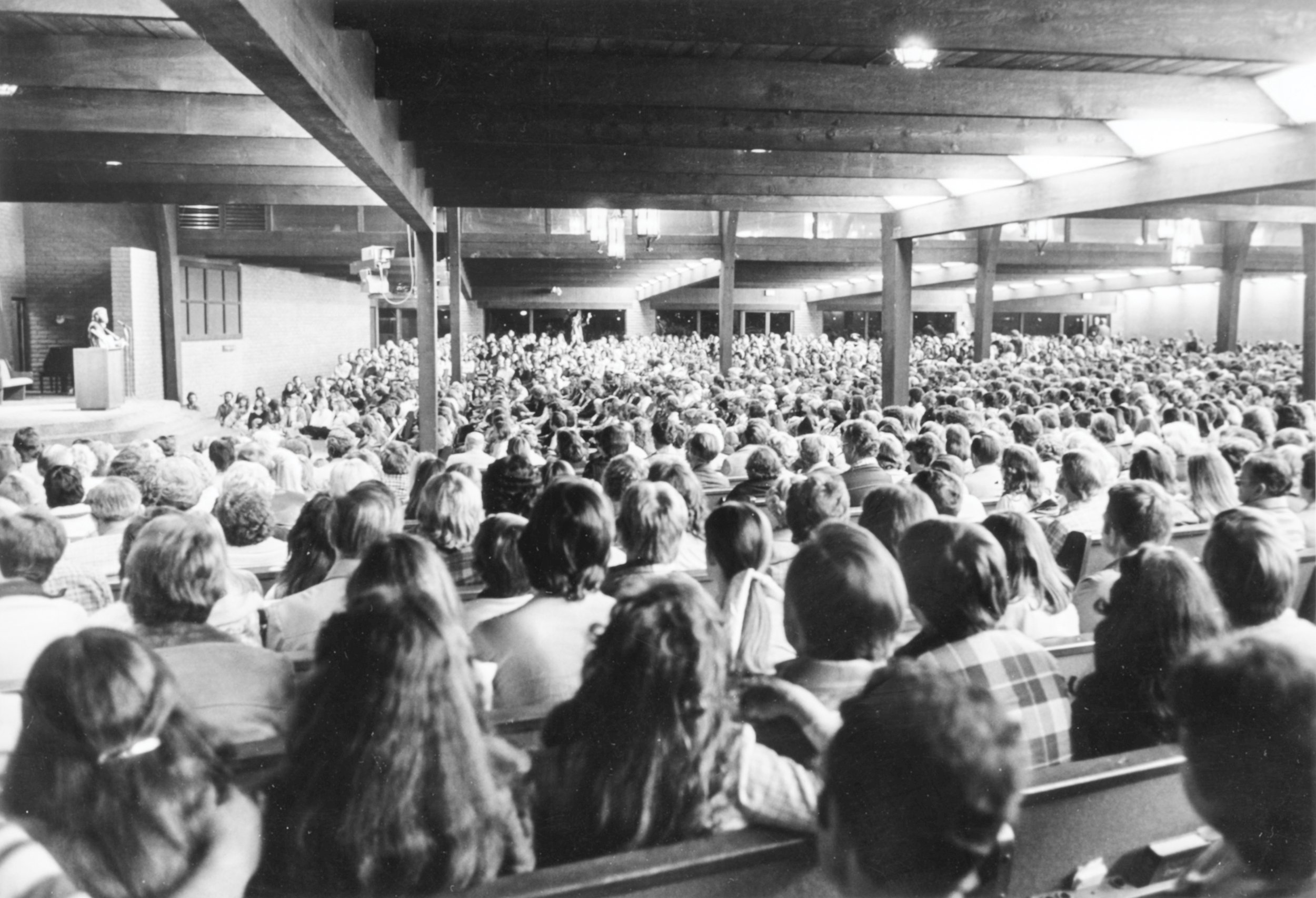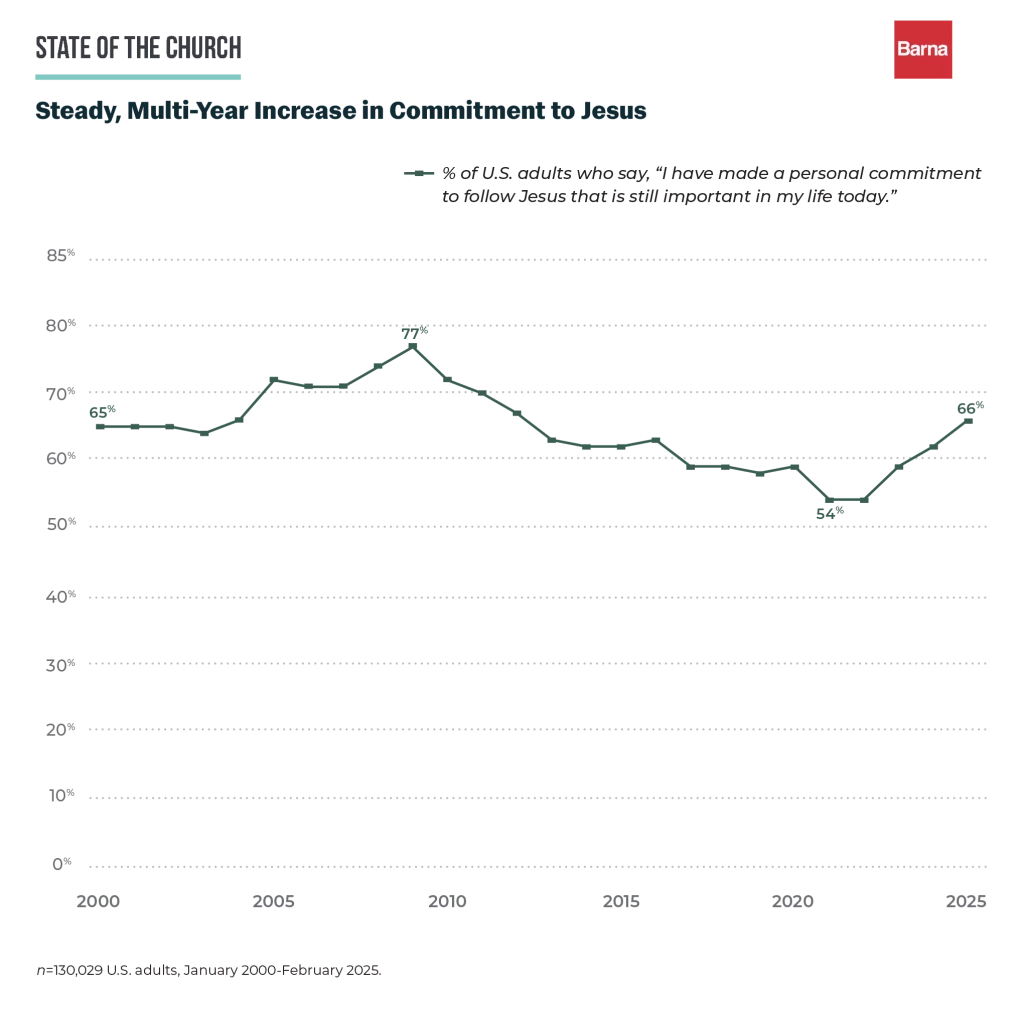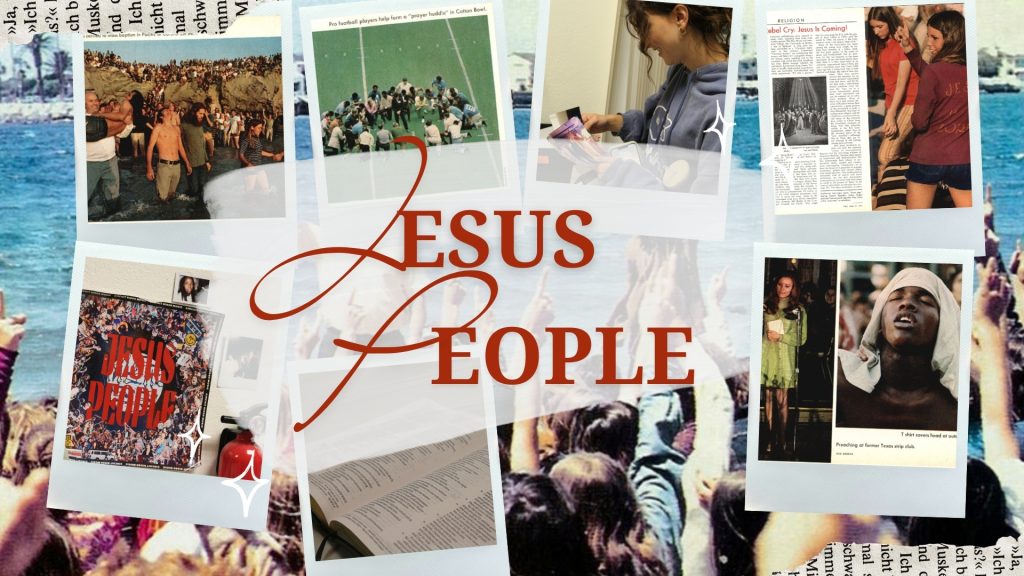“Who is Jesus to you?’’
Roots of Revival
In the late 1960s, a phenomenon washed up on the shores of sunny Southern California, what those involved called the “Jesus Movement.”
During an era notorious for social upheaval and anti-establishment protest, this movement marked a stark change in the nation’s religious landscape, and it was driven by young people. Across American churches, youth broke out of religious institutional norms in pursuit of a ‘spiritual awakening.’ Along with former drug addicts and “hippies” who came to believe in Jesus Christ, these “rebellious youths” became known as “Jesus freaks,” or “Jesus People.”

In other words, people who were obsessed with Jesus.
Maggy Wong was one of them.
“I was a part of that revival in 1971,” Wong said. “That was my church. I was one of those people.”
Wong was seven when her family immigrated from Holland, Netherlands to Southern California. In the 70s, Wong attended Calvary Chapel, a non-denominational church with a ministry that embraced the Jesus freaks who were packing their pews. Church services were made available every single night and Wong went to every single one.
“I kid you not, 300 to 400 people would accept Jesus that night,” she said. “That’s how much was going on.”

By the 1980s, the movement slowed down, though its roots can still be traced today across American churches influenced by beach baptisms, contemporary worship music, and Christian couture. Calvary Chapel remains a prominent biblical and evangelical church congregation. Today, Wong attends Reality Church of Los Angeles, a young and growing church that gathers every Sunday at Helen Bernstein High School, where she serves as a deacon and financial coordinator for their homelessness ministry.
Six decades later, Wong hopes to see two revivals in her lifetime, with the confidence that young people will change the culture yet again.

***
Changing the culture is where A.C. Sanford goes to work.
The director of Reality Church of Los Angeles’ youth group, Sanford works with young people ages 12-18 on a weekly basis. RLA Youth recently wrapped up their discipleship series with a lesson on “making culture,” a discussion on how to navigate school, workplaces, and relational lives as young followers of Jesus. The youth group is designed to facilitate discussion and welcomes questions as students explore different Bible scriptures and topics in small groups.

“Youth ministry changed my life,” Sanford said, shifting in his stool at the coffee shop where we’re meeting. His five-year-old daughter, River, is seated on a stool beside him, the luminescent glow of his phone screen reflecting off of her thick-rimmed glasses as she colors on it with a stylus pen.
Sanford was twelve years old when he began a spiritual search of his own.
Growing up with unmarried parents, Sanford described some of the relational strain he experienced during his upbringing. His father was involved with the Nation of Islam, a religious organization and Islamic and Black nationalist movement founded in Detroit, Michigan, the city where Sanford was born. Sanford described his relationship with his father as distant.
After hearing the gospel message preached at a church service, Sanford said that he made the decision to follow Jesus and as a result, “experienced a change in [his] heart that became change in [his] life.” The local community of believers and the young men in his youth group became an integral part of mentorship in his life.
The vision casted by his youth group now translates into the youth ministry that he now leads. I ask him what makes Generation-Z different from other generations, as a youth pastor shepherding middle and high school-age students.

“You guys are pretty good at seeing through the performative actions,” Sanford says, pausing to gently tend to River, who was promised ice cream for her patience. He tells me he has noticed a gradual shift from big spectacles – mega-conferences and flashy performances – to a simple, but deep-seated desire for authenticity, transparency, and deep friendships.
In an increasingly digitized world plagued by a loneliness epidemic, deep friendships are like a balm, soothing to the soul.
On Gen-Z —

A recent study done by Barna shows a steady, year-over-year increase in commitment levels to Jesus, a shift that’s statistically significant enough that Barna posits it “may be the clearest indication of meaningful spiritual renewal in the United States.” Commitment levels—meaning a personal decision an individual has made that is still important and relevant in their life today—were at their lowest in three decades in 2021. In 2025, however, those numbers have raised a total of 12-percentage-points, up to 66%. While previously the charge in commitment has been led by older generations—Boomers and Elders—Millenials and Gen Z have shown significant increases. The numbers show that general curiosity about Jesus is on the rise, but why is that so, and why now?
Taking a deeper look at this rise in curiosity, Barna conducted a large scale study called “The Open Generation,” and surveyed 24,870 teens ages 13-17 across a total of 26 countries. The survey showed young people are generally oriented towards justice and activism and took strong interest in the following characteristics of Jesus: compassion, forgiveness, and care of others.
As Cheryl Broderson points out, there’s no “one-size-fits all Jesus Person,” and just as there are many characteristics of Christ, there are many varying stories of how people come to know him. The case is no different for Gen Z youth.
Testimony: a personal account of faith
For Kennedy Young, getting through college made the importance of relationships more apparent to the recent USC graduate.
“I was very lonely freshman year,” said Young, who majored in Psychology. “I think through loneliness, that’s where I learned about my friendship with Jesus.”
The idea of God wasn’t anything new – Young had grown up going to Christian schools on weekdays and church on Sundays – but their friendship was more of a slow-burn.
“I would always point fingers at other people and say, ‘You need Jesus,’ or like, that person really needs Jesus,” said Young. During her freshman year of college, she realized that she did too, when one of her mentors from high school invited her over for an Advent study during Christmas break. Advent is based on the Church calendar in which Christians around the world anticipate the arrival, or “advent” of Jesus of Nazareth in the four weeks leading up to Christmas.
“All of a sudden, the whole person of Jesus just came alive to me,” said Young. “I don’t know why it didn’t click sooner. I think before that I was just trying to please God and thought that by reading my bible and praying that I [would] earn my way to Heaven, but I realized that Jesus did all of that on the cross for me.”
The gospel = good news
It’s this message that has often challenged the very structure of religion itself, instead emphasizing the live-giving power of relationship over salvation earned through works.
“He’s a friend to me,” said Young. “I feel like I’ve slowly broken off the things I was doing out of a heart of religion and feeling like I had to do these things in such a structured way. I was missing out on a personal relationship with Jesus.”
The tension between religion versus relationship was a similarly felt by Sara Gonzalez, a pastor’s daughter who was terrified at the idea of going to hell.
“I didn’t have some great come to Jesus moment, like I know some people have,” Gonzalez said. “It was honestly just like, yeah, I want to go to heaven. I don’t want to go to hell.”
Over time, Gonzalez began to observe the lives of the people in her church. In tenth grade, she joined a group that paired up middle and high school age students with older church members who could act as mentors to the younger generations.
“When I saw other Christian adults that weren’t my parents taking an interest in me personally and wanting to get to know me and love me, I was like, oh, the way that they do life in general is different. I got to see how they have this personal relationship with Jesus.”
A relationship not motivated by fear, but by love, changed Gonzalez’s perspective.
“I really feel like I got to experience God’s love through other people,” Gonzalez, who now studies at the Southern California Institute of Architecture (SCI-Arc), said. “And because of that, then I realized just how much God loved me. And I realized just how much I wanted to know him.
Long before the terms “Jesus People,” “Jesus Freaks” and “Christians” became religious identifiers, followers of Jesus Christ called themselves disciples. “I think the disciples loved being with Jesus because they never knew what he was going to do,” said Broderson. The disciples knew this, and still they chose to follow Him. So, while in the end, it’s hard to identify exactly what a Jesus Person is, one identifiable commonality is that they continue to do what the disciples did roughly two thousand years ago during Jesus’ earthly ministry — they walk with Him.
“Everything is preparation for something else. Every story is part of a larger story. Every event, regardless of whether it seems good or bad, is a seed planted, watered, sprouted, or readied for harvest.”
― Pastor Chuck Smith, Chuck Smith Autobiography: A Memoir of Grace
